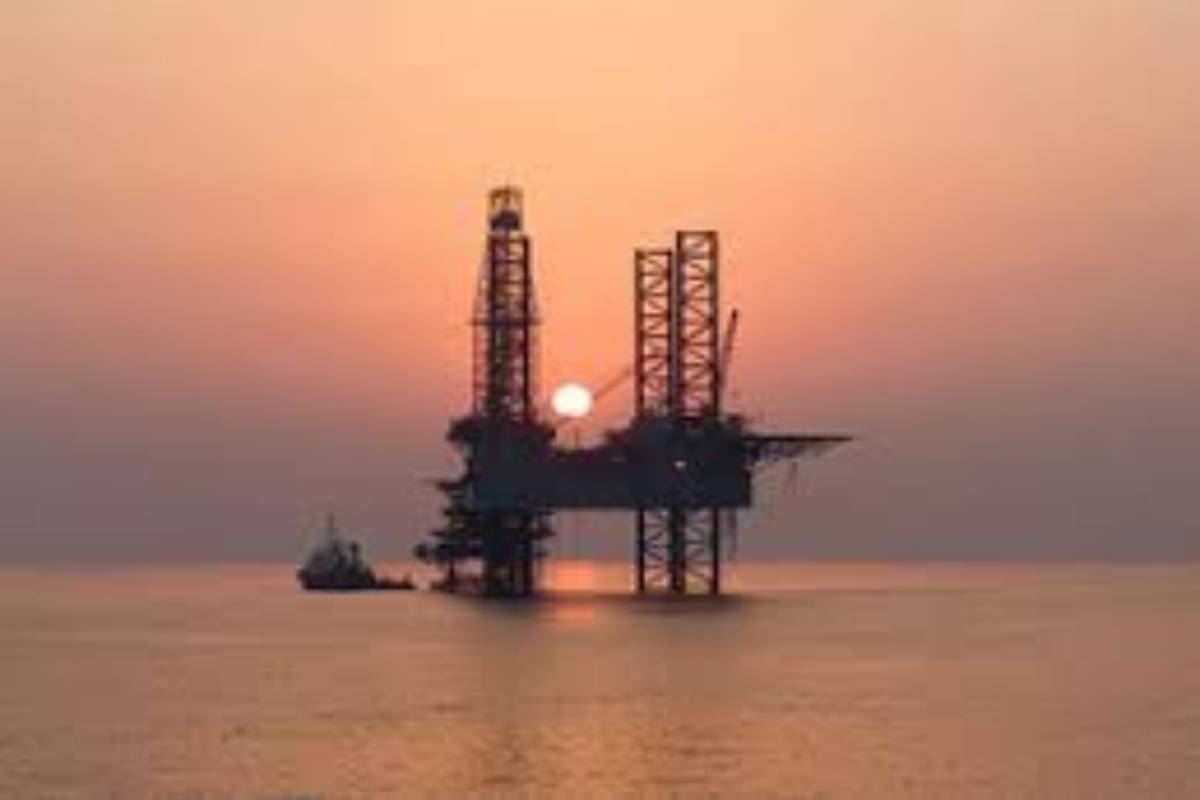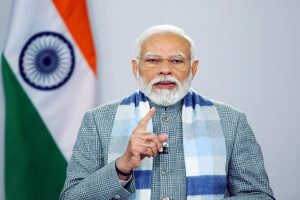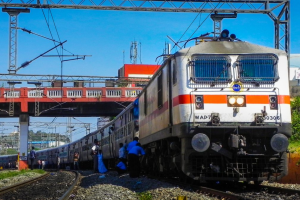While welcoming a high-level UN panel’s recommendation to exempt the food purchases by the World Food Programme (WFP) from export restrictions, India has called for international cooperation to face the looming energy crisis sparked by the Russian invasion of Ukraine.
Warning at the Security Council’s meeting on Ukraine on Thursday that “the conflict is having destabilising effect with broader regional and global implications”, India’s Permanent Representative T. S. Tirumurti pointed out that “oil prices are skyrocketing and there is shortage of food grains and fertilisers” disproportionately impacting the developing countries.
Advertisement
“Energy security is equally a serious concern and needs to be addressed through cooperative efforts”, he said.
He acknowledged the recommendation of the Global Crisis Response Group (GCRG) headed by Secretary-General Antonio Guterres to exempt from export restrictions the humanitarian purchases of food by the World Food Programme.
But he said that it was important to extend similar exemptions to all member states and stakeholders, “who are contributing to this global humanitarian effort”, he said.
The World Trade Organisation (WTO) limits how much countries like India where the government purchases food at support prices can export.
The GCRG recommended last month exempting WFP food purchases from WTO restrictions and making it formal at the WTO ministerial meeting in June.
Secretary-General Antonio Guterres said, “We need quick and decisive action to ensure a steady flow of food and energy in open markets, by lifting export restrictions, allocating surpluses and reserves to those who need them, and addressing food price increases to calm market volatility”.
While many countries are facing a food crisis because the conflict in Ukraine has disrupted the supplies from that country and Russia, which together account for an estimated 30 per cent of global wheat exports.
Tirumurti said India “has strongly condemned the killing of civilians in Bucha and supported the call for an independent investigation”.
But that and reaffirming the commitment to the “UN Charter, international law and respect for sovereignty and the territorial integrity of states” were the limits of implied criticisms of Moscow that did not name Russia.
Reiterating New Delhi’s neutrality, Tirumurti said, “India remains on the side of peace and therefore believes that there will be no winning sides in this conflict and while those impacted by this conflict will continue to suffer, diplomacy will be a lasting casualty.”
He said that India welcomed Guterres’s visit to Moscow and Kiev for meetings with the leaders of the two countries.
Guterres briefed the Council on his meetings with Presidents Vladimir Putin of Russia and Voldomyr Zelensky of Ukraine.
He said that he did not “mince words” in his meetings with them: “Russia’s invasion of Ukraine is a violation of its territorial integrity and of the Charter of the United Nations (and) it must end for the sake of the people of Ukraine, Russia, and the entire world”.
Of the one notable success of the world organisation in the Ukraine conflict, he said that he had emphasised to Putin the need for humanitarian evacuations and Russia agreed to it.
In two evacuations that have been completed 480 people have been brought out of Mariupol and another evacuation is underway, he said.
“It is good to know that even in these times of hyper-communications, silent diplomacy is still possible and is sometimes the only effective way to produce results,” he said.
Tirumurti praised the UN evacuation of civilians from Mariupol and said, “We hope these efforts will extend to other areas as well.”
The GCRG was set up by Guterres to deal with the international fallout of the conflict.
The steering committee of the GCRG includes Under-Secretary-General Atul Khare and heads of several international organisations including the World Bank, WTO and the International Monetary Fund.
Bangladesh Prime Minister Sheikh Hasina is designated as one of the six “Champions of Global Crisis Response Group.”











